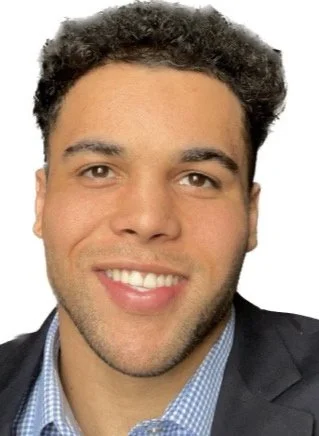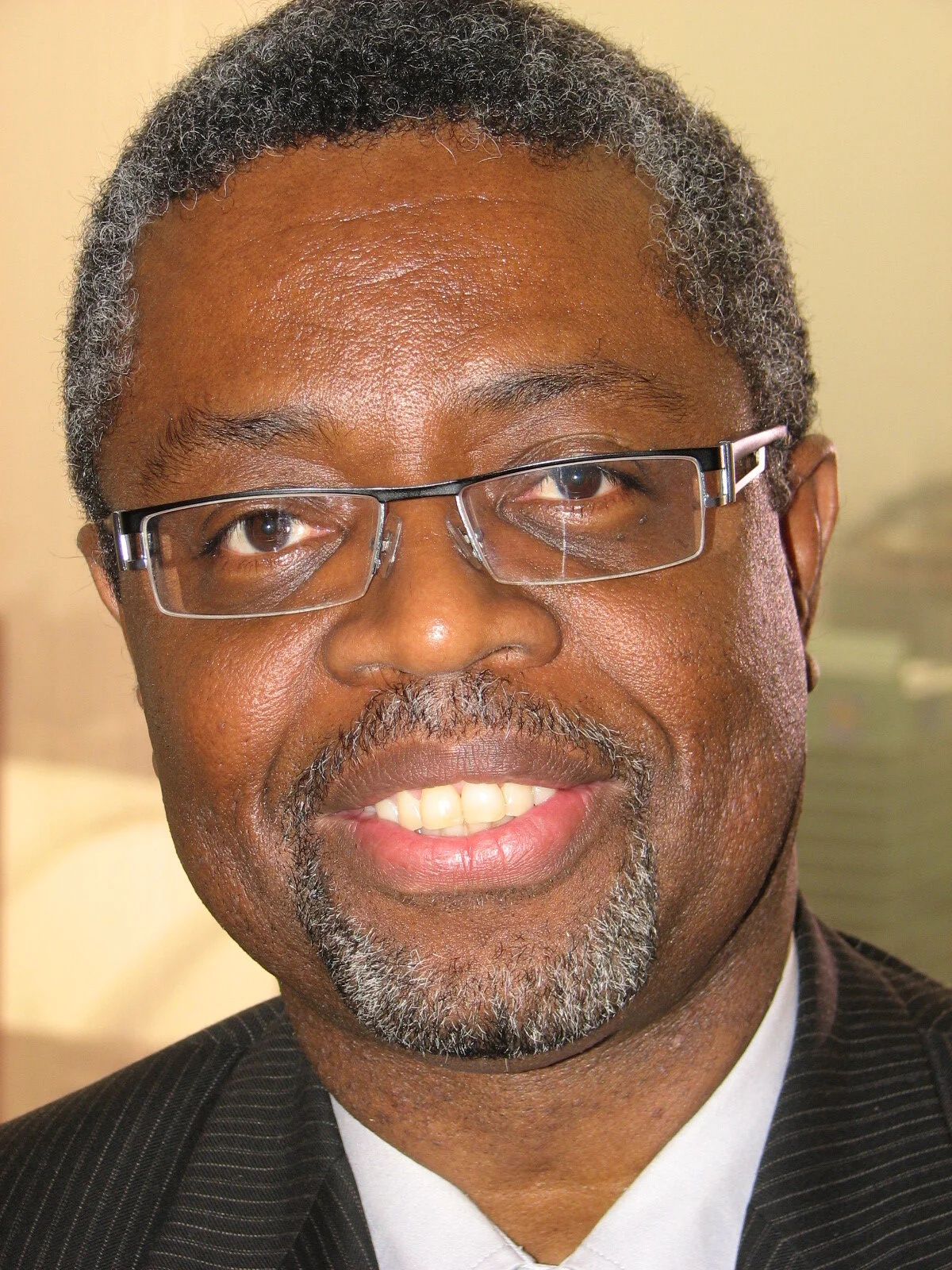Black Studies Institute at the University of Windsor is groundbreaking
February 20, 2023
University of Windsor Associate Professor Dr. Richard Douglass-Chin is very upbeat these days for a good reason.
While he loves teaching and has been inspired by students over the years, the American and postcolonial literature specialist has been part of a small group working to bring a Black Studies Institute (BSI) to the southwestern Ontario city.
Last October, the university’s Senate approved its establishment.
“This started with a grassroots movement,” Douglass-Chin pointed out. “Ever since the murder of George Floyd and the social unrest that followed in 2020, Canadian academic institutions have been falling over themselves, setting up anti-racism task forces and making Equity, Diversity & Inclusion appointments. All of that is great but, in this instance here at the University of Windsor, a group of racialized and some White faculty have been advocating for this for almost two decades.”
He feels the mishandling of an assault involving a Black student on campus in February 2019 was the catalyst for the BSI establishment.
Jordan Afolabi, then a first-year student, and a White student were involved in an altercation. Afolabi, who a university investigation found acted in self-defence, was banned from campus during the investigation while the White student, who was deemed the aggressor, was allowed to attend classes.
After an independent review, the university issued an apology to Afolabi.
“During this time, myself and some academics supported Jordan and started a group (Researchers, Academics & Advocates of Colour for Equity in Solidarity (RAACES),” said Douglass-Chin whose critical text, ‘Preacher Woman Sings the Blues’, investigates the literary connections between contemporary African-American female authors and their 18th and 19th century predecessors.
The BSI, which will build and support a program in Black Studies within the new Interdisciplinary & Critical Studies Academic Administrative Unit, will have 12 new faculty members and library staff.
“We had nearly 440 applications, many from outside Canada, including the Americas, and we are now in the process of reviewing them,” said Douglass-Chin who is part of the hiring committee. “The new hires will be allocated to different faculties, particularly the ones where Black faculty is under-represented. I know from experience that students need to see a Black faculty member to know they can do it too. There are certain areas where Black people are historically under-represented and those are the ones we are aiming to fill.”
A lot of thought, he said, went into selecting the hiring committee.
“It was put together very intentionally to cultivate ideas and look ahead to what is necessary to plant the seed that will nurture this tree that will be Black excellence and Black scholarship,” the scholar noted.
Douglass-Chin, who left Trinidad & Tobago in 1966 with his parents and settled in Hamilton, is seeking faculty and staff that will work outside the box of traditional thinking.
“We need a Black think tank where you have Black faculty creating ideas and disseminating Black thinking, Black philosophy and Black science past and future,” he said. “Many Black students don’t know there is a history of thought. We want faculty who are thinking outside that box of White Supremacist thinking that excludes Black people from history and philosophy. I am teaching things that nobody has taught my students. They don’t know about Frederick Douglass, Olaudah Equiano, Aime Cesaire and Franz Fanon. We don’t want students to graduate from school and not know anything about anything that has to do with Black history and thought. We are looking for a paradigm of richness and wealth.”
The BSI, which opens on September 2023, will be situated in Vanier Hall.
“Things are starting to move and this is the happiest I have been at this institution,” said Douglass-Chin who joined the university in 2004. “We will have an on-the-ground transnational presence as we sustain connections from Detroit/Windsor to Niagara Falls Ontario/Buffalo New York and the corridor of Black settlement in southern Ontario. We also have connections to the University of Detroit Mercy and Wayne State University and I am working on a relationship with the University at Buffalo, having presented at the American Association of State & Local History in Buffalo in November 2022 on a panel with a researcher working on settlement along the Erie Canal and on into Canada.”
Dr. Natalie Delia Deckard is steering the strategic direction for the growth of the new entity.
“We now have a space to centre the research of those working to lessen health disparities, increase educational opportunities, reduce employment discrimination, and increase the living standards in Black communities throughout Canada and the world,” said the Associate Professor of Criminology. “Windsor’s position as a hub of global communities and histories demands not only an attention to the mitigation of anti-Black racism, but a mandate to Black excellence.”
The university’s Vice-President of Equity, Diversity & Inclusion (EDI) Dr. Clinton Beckford said the BSI will be the institutional home for Blackness at the university.
“The establishment of a Black Studies Institute at the University of Windsor is ground-breaking and transformative,” he said. “It positions the University of Windsor as a post-secondary leader in intellectual thought and practice around Blackness and makes real our commitments to Black flourishing and thriving at and beyond the institution.”
In addition to attracting external research grant funding in Black Studies, the BSI will host an interdisciplinary Black Speakers’ series to increase the visibility of Black scholarship from across Canada, sponsor study abroad opportunities in the Caribbean and the United States, lead mentorship programs for Black faculty and students and support institutional initiatives to address anti-Black racism among other things.
The BSI’s work will also enhance and integrate into the University of Windsor’s mission by focusing on student experience, innovation in teaching and learning excellence, research excellence and impact and innovation, economic development and community engagement and viable, healthy and safe communities.
"The landscape of Canadian Higher Education is shifting,” said Dr. Patricia Weir, the university’s Interim Provost and Vice-President Academic. “The Black Studies Institute, and the exciting hiring of Black Scholars across disciplines, completely reimagines what teaching and learning will look like. As Provost, I'm so proud to have worked with administrators, faculty, staff and students to bring this to fruition.”






